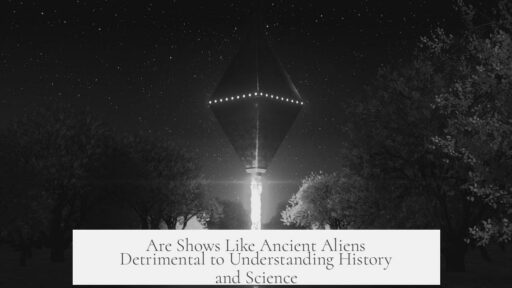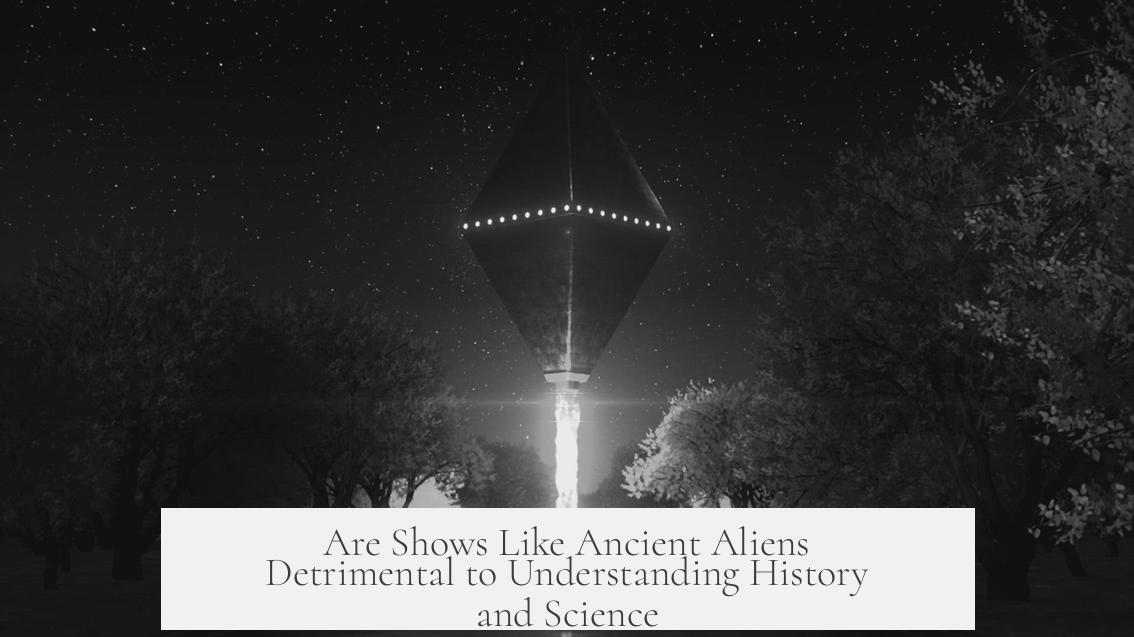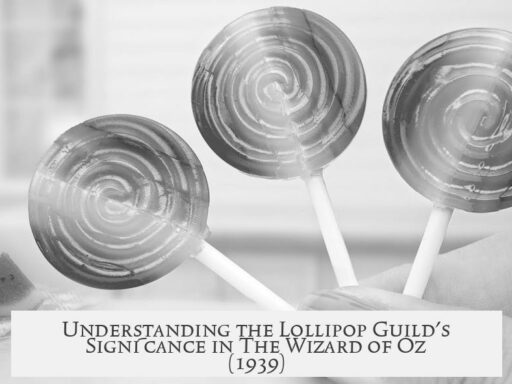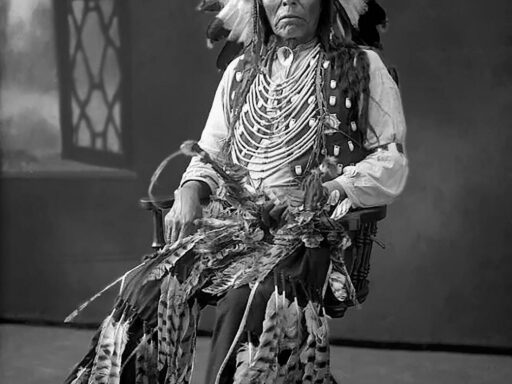Shows like Ancient Aliens are extremely detrimental because they undermine human achievements, promote misinformation, perpetuate racism, erode trust in education, and justify harmful narratives. These effects combine to damage public understanding of history and science in significant ways.
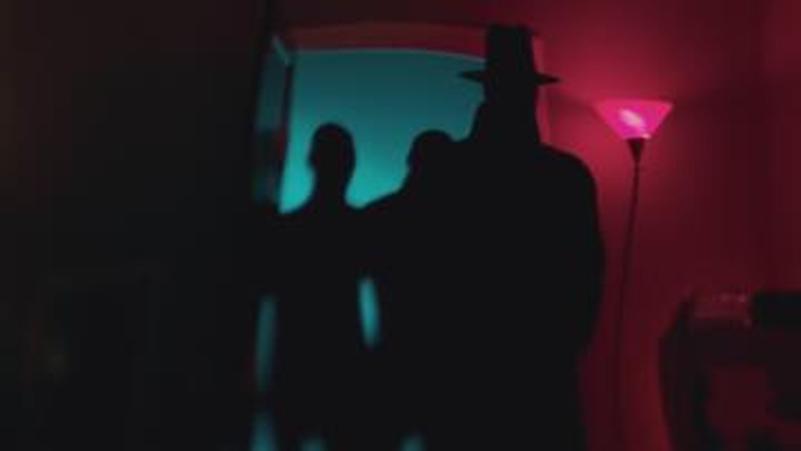
Firstly, Ancient Aliens diminishes human agency and ingenuity. Major architectural wonders such as Machu Picchu, The Great Wall, The Moai statues, The Great Pyramids, and the Nazca Lines are the result of centuries of human investigation and intellectual development. Crediting ancient aliens for these feats implies that humans lacked the capacity or creativity to build them without extraterrestrial help. This narrative suggests that technology must precede understanding rather than arise from it, thus discrediting the cumulative efforts of many generations of humans.
Second, the show justifies both achievements and atrocities by detaching humans from responsibility. If alien visitors dictated the grand constructions, then logically they must also be responsible for darker aspects of ancient civilizations—human sacrifices, slavery, wars, genocides. The show ignores this uncomfortable consistency, effectively removing human agency and ethics from history. Owning both the brilliance and brutality of humanity is essential for an accurate view of the past.
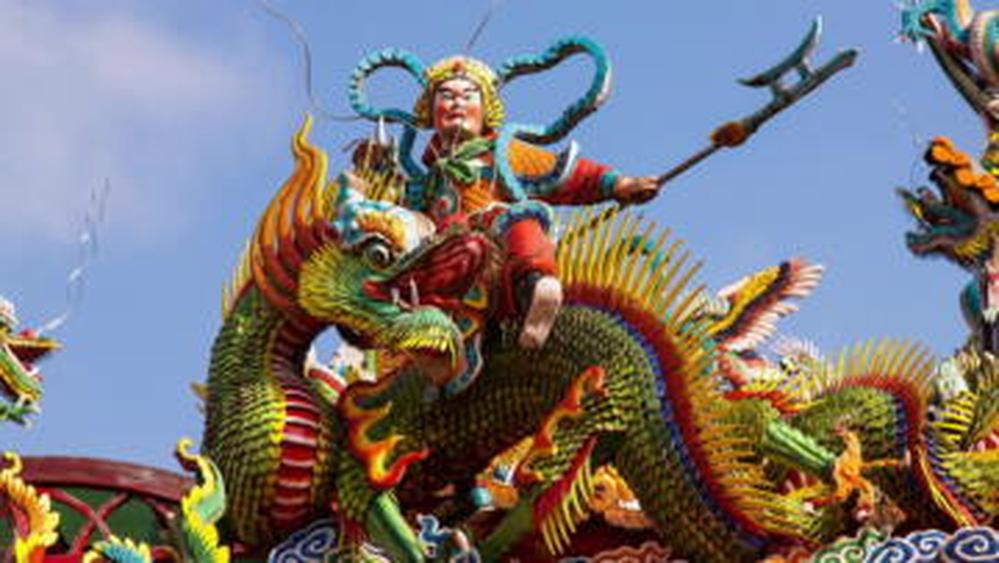
Moreover, the Ancient Aliens concept has a racist subtext. It often targets non-European cultures when suggesting alien intervention. Civilizations in South and Central America, Africa, and Asia receive this dubious “help,” whereas European achievements—like Roman roads, the Colosseum, or Greek scientific advances—are rarely subject to the same claims. This implies that non-European peoples are incapable of such complex work without non-human assistance, an idea rooted in colonial and racist assumptions. It also ignores the evidence of architectural experimentation and progression visible in sites such as Egypt’s Step Pyramid and Bent Pyramid, which reveal centuries of trial and error rather than flawless alien craftsmanship.
Another major impact is the erosion of trust in education and expertise. Shows like Ancient Aliens promote conspiracy thinking, encouraging viewers to distrust academic authorities and peer-reviewed research. This cultural shift is evident in classrooms, where students sometimes express suspicion about historical consensus or scientific facts, believing these to be part of secretive cover-ups. By fostering skepticism without evidence, the show undermines the value of rigorous scholarship, which is foundational to societal progress and understanding.
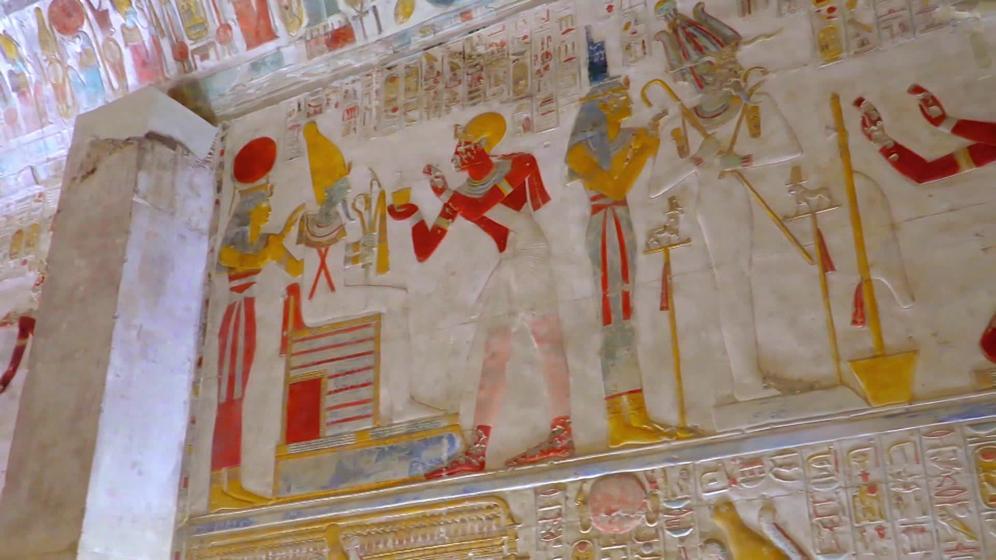
The program’s lack of academic rigor further damages public knowledge. Ancient Aliens cherry-picks artifacts and removes them from their historical contexts, then applies outlandish interpretations. This method ignores extensive prior research and scholarly discourse. Comparing it to Dan Brown’s fiction underscores its distance from credible history. The show frequently connects unrelated symbols, hieroglyphs, or texts to alien theories without credible proof, misleading viewers who do not grasp the complexities of historical investigation.
It is important to acknowledge why Ancient Aliens is so popular and believable. The producers excel in scripting and pacing, making the show highly engaging and convincing. Narration often uses rhetorical questions like, “Could this be evidence of extraterrestrial involvement?” Instead of directly stating claims, the show attributes ideas to “Ancient Astronaut Theorists,” which subtly leads viewers toward certain conclusions without explicit declarations. This technique allows viewers to entertain speculative ideas comfortably without confronting factual contradictions.
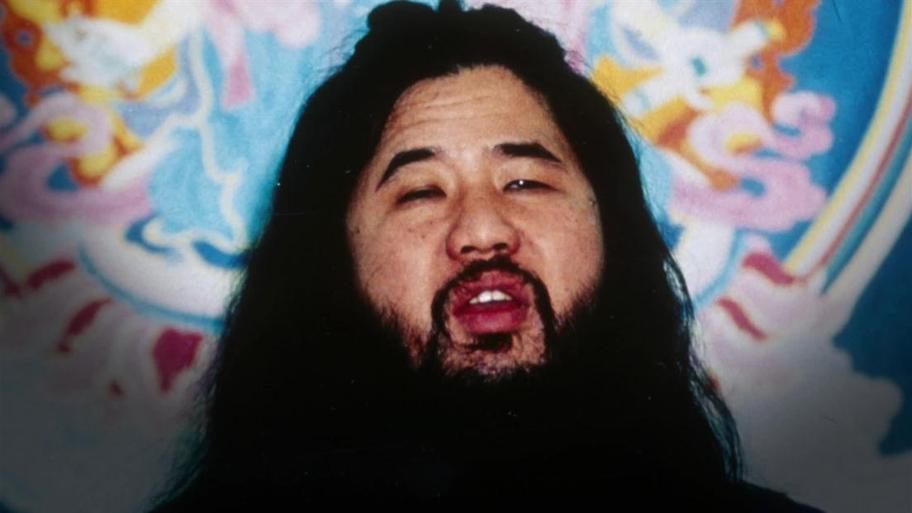
The show’s placement on the History Channel adds to its influence. The History Channel once focused on educational content but shifted toward “factual entertainment” around 2005 to accommodate changing audience preferences. While programs like Pawn Stars balance entertainment with historical elements, Ancient Aliens largely sacrifices accuracy for sensationalism. This shift results in blurred lines between credible history and pseudoscience.
Criticism of the History Channel and its programming, especially shows like Ancient Aliens, is widespread. Public figures and scholars often highlight the channel’s departure from real historical content. The show’s reach and visibility make its misinformation particularly harmful because it targets a general audience who may not critically evaluate its claims. Its scale and production values grant it credibility that amateur conspiracy websites rarely achieve.
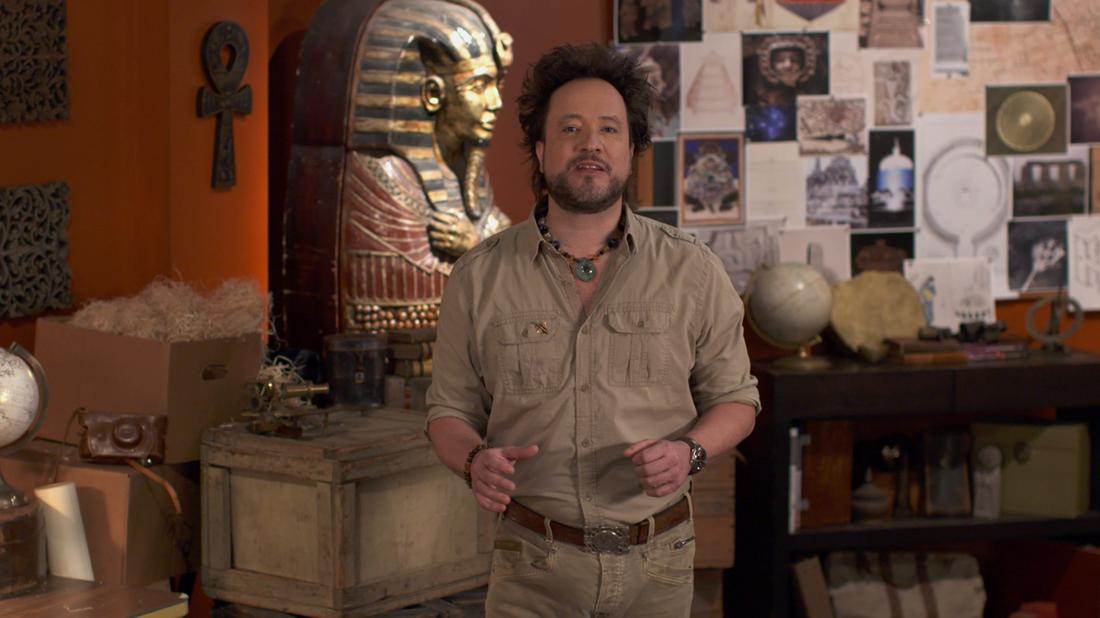
| Detrimental Aspects | Explanation |
|---|---|
| Undermining Human Agency | Credits alien intervention instead of human ingenuity for ancient achievements |
| Justifying Atrocities | Removes human responsibility for violent acts by attributing them to aliens |
| Perpetuating Racism | Targets non-European cultures for alien influence, implying racial inferiority |
| Eroding Trust in Education | Encourages conspiracy thinking and distrust of academics and experts |
| Spreading Misinformation | Ignores context and scholarly research, misrepresents history |
| Popularity and Believability | Engaging production and narrative style increase acceptance of false claims |
- Ancient Aliens diminishes genuine human creativity and achievements.
- It falsely attributes both the good and bad actions of ancient civilizations to aliens.
- The show reinforces racist stereotypes by diminishing non-European cultures.
- It fosters suspicion of education, science, and experts without basis.
- Lack of academic rigor misleads the public about history and archaeology.
- Its clever production style deceives viewers into accepting unsupported theories.
- Its placement on a respected channel increases its perceived credibility, magnifying harm.
Overall, shows like Ancient Aliens inflict lasting damage on public understanding. They replace meaningful historical inquiry with conspiracy-driven narratives. This trend undermines respect for human intellect and scholarship while promoting divisive and false ideas. It is important to approach such content critically, seeking evidence-based sources for learning about our shared past.
Am I Wrong to Think That Shows Like Ancient Aliens Are Extremely Detrimental?
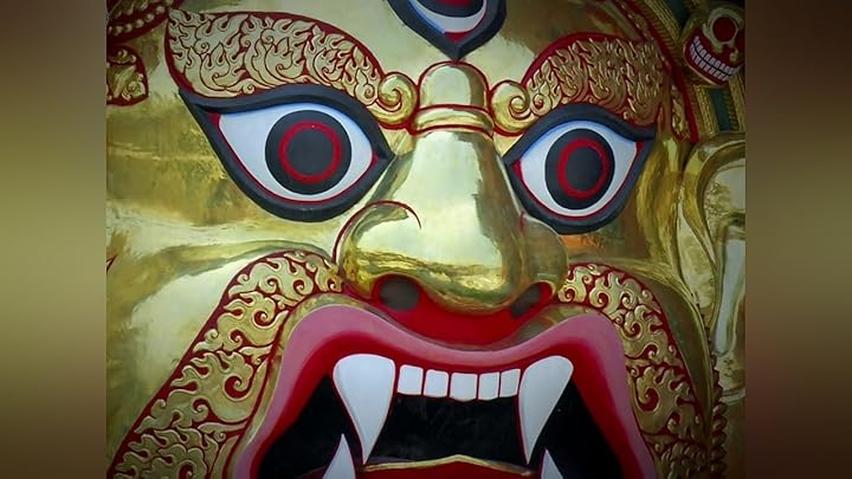
The short answer: No, you’re not wrong. Shows like Ancient Aliens can indeed be extremely detrimental for several important reasons. These programs do more than just entertain—they subtly influence how people view history, human achievement, and even entire cultures. Let’s unpack why this popular series wears a mantle of danger along with its extraterrestrial intrigue.
1. Undermining Human Agency and Ingenuity
Picture standing in front of the Great Wall of China or Machu Picchu and thinking, “Aliens built this.” Feels like a punch to the gut for all the human hands that toiled for centuries. Ancient Aliens not only denies the brilliance of ancient peoples but suggests they were simply too incapable or lazy to build these marvels themselves.!
Does it really make sense to assume that technology comes before the knowledge to invent it? Nope. The reality is that human societies evolved ideas, techniques, and skills step by step over long periods. The pyramids are not laser-blasted alien gifts; they’re the results of experimental architectural advances—think bent pyramids and step pyramids—as ancient Egyptians honed their craft.
2. Justifying the Good and the Horrible
Here’s a tricky one. If aliens commanded humans to erect colossal statues, then logically they also demanded human sacrifices, slavery, wars, and genocides. Yeah, it’s a package deal. You can’t borrow the “aliens built it” card to skip the ugly parts of human history.
This is crucial because it strips away responsibility from humanity. It frames us as pawns instead of agents capable of both amazing creativity and horrific choices. The full truth—imperfections and all—is what shapes our historical understanding.
3. Perpetuating Racism Through Ancient Aliens
Ever noticed how Ancient Aliens tends to “explain” wonders in Africa, Asia, and the Americas by invoking extraterrestrials—but Europeans, such as Romans or Greeks, get to keep credit for their aqueducts, art, and literature?
This double standard screams bias. It subtly implies that non-European cultures are too primitive to achieve greatness on their own. Why is it so tough to believe Egyptians designed and built their pyramids? The existence of numerous trial-and-error structures defies the myth of flawless alien builders. If aliens needed centuries to “practice,” why do they leave imperfect works behind?
4. Eroding Trust in Education and Expertise
After years of teaching, the writer’s encountered countless students who believe experts hide the truth. Why? Because shows like Ancient Aliens sow seeds of distrust toward academia, peer review, and history itself.
This mistrust breeds confirmation bias: people accept only information that fits their preconceptions and reject well-researched evidence. The result? Education becomes an uphill battle against conspiracy-fueled skepticism. That’s a loss for society.
5. Lack of Academic Rigor and Misinformation
It’s frustratingly simple. Ancient Aliens takes artifacts out of context, ignores decades of scholarship, then dishes out theories of alien involvement that make Dan Brown’s fiction look scholarly.
For instance, they connect airplane-shaped hieroglyphs to biblical texts and blog posts, concluding aliens must be involved. This disregards complex historical research and misleads viewers who aren’t aware of proper academic standards. Real history—full of twists, experiments, and genuine human achievement—is far more fascinating than alien fantasies.
6. Why Is Ancient Aliens So Believable and Popular?
It’s a perfectly produced show. The narrators artfully ask rhetorical questions, never outright stating alien claims as facts. Instead, they chit-chat with “Ancient Astronaut Theorists,” letting them spill exciting hypotheses that sound plausible.
This careful scripting pulls viewers in, making the show both entertaining and eerily convincing. People might start thinking, “Maybe aliens exist… and maybe they really were here.” This clever approach means the misinformation spreads subtly and sticks — even if the claims lack evidence.
7. The History Channel’s Role and Shift
Remember when the History Channel was about, well, history? Around 2005, the network shifted toward “factual entertainment,” blending education with drama to attract viewers. Shows like Pawn Stars offered bite-sized historical nuggets but kept some educational value.
But Ancient Aliens takes entertainment to another level, often at the cost of accuracy. Senator Chuck Grassley’s infamous tweet poking fun at the History Channel underscores a broader public skepticism. Viewers and critics alike question whether the network prioritizes truth or just ratings.
The combination of the channel’s lingering credibility and engaging production makes Ancient Aliens dangerous—viewers trust what they see on TV, not always realizing they’re watching conjecture wrapped in mystery.
So, Why Should You Care?
The impact isn’t just academic. When millions accept alien intervention over human effort, what happens to self-esteem and cultural pride? How do we teach critical thinking when conspiracy theories overshadow facts?
When history is rewritten with aliens in starring roles, it diminishes diverse human experiences and achievements. It also distorts education and undermines respect for scientific methods and genuine historical inquiry.
What Can You Do to Fight Back?
- Question everything. Don’t accept claims just because they’re on TV. Ask: What’s the evidence? Who says so? What do experts say?
- Support reliable sources. Seek out documentaries and books by historians, archaeologists, and scientists. Real experts give context, explain complexities, and welcome healthy skepticism.
- Engage with history directly. Visit museums, archaeological sites, and read up on the fascinating actual stories behind human achievements.
- Teach critical thinking. Whether at home or through conversation, encourage questioning of sources and awareness of biases in media.
Final Thoughts: Are You Really Wrong?
Feeling frustrated or suspicious about shows like Ancient Aliens is valid. They entertain but often do so at the expense of truth and respect for human achievement. They take centuries of toil and intellectual progress and toss it aside for a quick alien storyline.
Don’t let flashy TV overrides your common sense. History is incredible on its own—full of creativity, perseverance, and complexity. Embrace it. Question claims boldly. And remember: Humans build, learn, fail, and succeed all on their own. That’s much more inspiring than any alien myth could be.
“The greatest danger to our future is apathy toward history and critical thought.” – Anonymous
Next time you see a pyramid or an ancient statue, remember who really made it: human hands, minds, and dreams. And that’s a story worth celebrating on its own.
Q1: How do shows like Ancient Aliens affect our understanding of human achievements?
These shows often strip humans of credit for ancient wonders. They suggest advanced civilizations needed alien help instead of recognizing human creativity and effort. This undermines the true accomplishments of past cultures.
Q2: Can belief in ancient aliens impact how we view historical atrocities?
If we credit aliens for great achievements, we risk absolving humans of responsibility for their darker actions. Human agency includes both achievements and atrocities like slavery and war. Alien theories ignore this complex reality.
Q3: Is there a racial bias in the narrative of Ancient Aliens?
Yes, the theory often targets non-European civilizations, implying they needed alien help. European achievements rarely receive the same treatment, which suggests a bias that underestimates peoples outside Europe.
Q4: How do shows like Ancient Aliens influence public trust in education and experts?
They foster distrust in academia by promoting conspiracy ideas. Viewers sometimes see experts as part of a cover-up. This damages respect for scholarly research and peer review.
Q5: Why does Ancient Aliens convince so many people despite lacking academic rigor?
The show’s strong production and storytelling make it engaging and believable. It uses suggestive questions and confident narration, which leads viewers to consider alien theories seriously, even without solid evidence.
